Families have always posed difficulties for solitude-lovers. Amidst a busy family life, alone-time can be hard to come by. On the other hand, people who experience aloneness as loneliness often rely on their families for company. COVID-19 has presented major challenges to both sorts of people, especially during lockdown when households were required to isolate and children were kept home from school. Here, four people reflect on their experiences, especially of the presence and absence of children during lockdown. They have offered brief self-descriptions that appear at the end of their testimonies.
1.
For myself, solitude has always meant time spent completely alone in whatever environment. A chance to not have to converse and interact with others, and to literally ‘just be’ with my own thoughts, with no outside influences. Personally, I’m an individual who has long since realised that I require time to be alone to maintain my mental health.
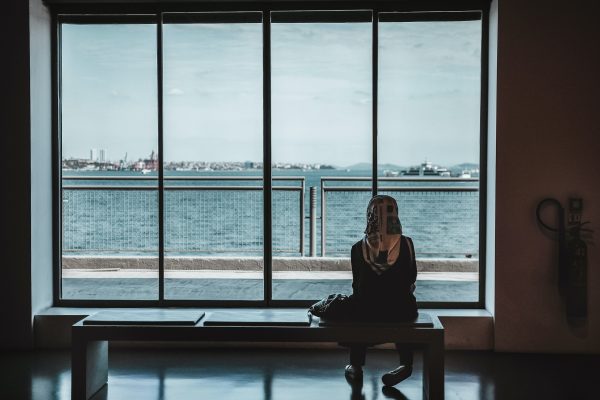
COVID has meant a loss of this solitude due to the fact that both my husband and teenage son are now present at all times, and so I’m rarely completely alone. Whilst they make few demands, and are actively engaged in activities physically apart from me, they are still constantly present within the household, and there’s little opportunity for the true solitude I need. I look forward to a time when I’m completely alone again.
I’m a 47-year-old female, who suffers from depression and anxiety.
2.
Prior to the pandemic I found solitude whilst driving, which is part of my job, averaging four hours per day in the car alone. Sometimes this alone time left me feeling lonely and lethargic. However, other times I found the alone time to be productive; just me and my thoughts often helped me to think things through and overcome challenges.
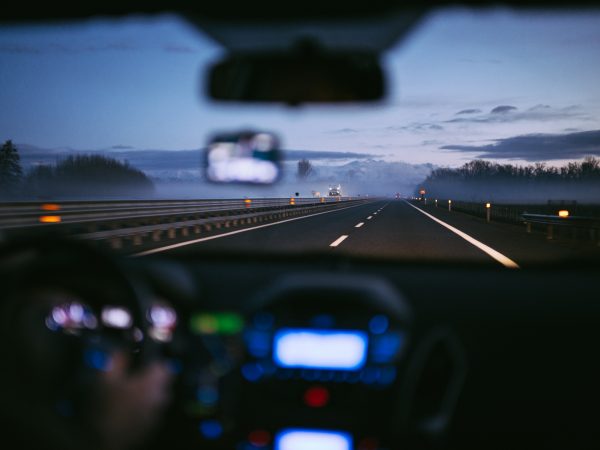
With COVID-19 and the lockdown and being a parent, most days have been spent with my daughter, which has delivered a different type of solitude. I find myself missing contact with adults and feeling lonely in that respect but at the same time having no time to myself whilst my 5-year-old daughter needs entertaining and demands attention (which has also provided some magical father and daughter time and memories). Ultimately, both prior to and during lockdown, solitude for me has two sides to it. The side I experience probably depends my personal state of mind at the time.
I’m a 32-year-old father and husband; my wife is a key worker who worked many hours of overtime, especially in the early weeks of the lockdown.
3.
Before the pandemic solitude meant hours at home working, writing. Or walking alone with people in sight. Cycling. Having lunch on my own in a cafe, or coffee, always with something to read. Train journeys, also with something to read. Solitude was a way of immersing myself entirely in the selfish experience of food, books, or phone. In the early days of the pandemic, before lockdown, this didn’t change much; I cycled rather than used buses so had a bit more solitude.
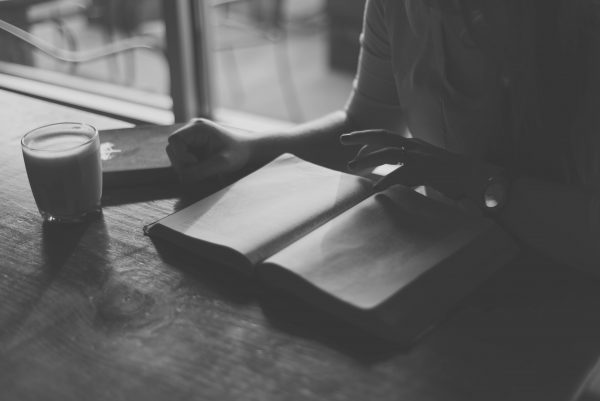
The moment that schools closed everything changed. Since then I have been in the same space as my partner and child for 24 hours a day with the exception of a few hours of exercise. Solitary walks are hard to achieve, though early mornings are possible. Solitary work has vanished because of parental responsibility – the loss of the disciplinary structure of school means for a good part of each day I feel responsible for making my young teen work.
Solitude on the street or in the park is now fraught with concerns about social distancing; it is rarely possible to just wander. I’ve reclaimed a solitary space in the early morning, with a firmly closed door.
My child also longs for solitude, which for them is mediated by technology: any interruption from a parent is irritating, and the independence of solitary travel is a kind of solitude that they have had removed. On the other hand, they are forced for the first time to do school work for hours at a time with no company, so a forced and deeply unwelcome solitude.
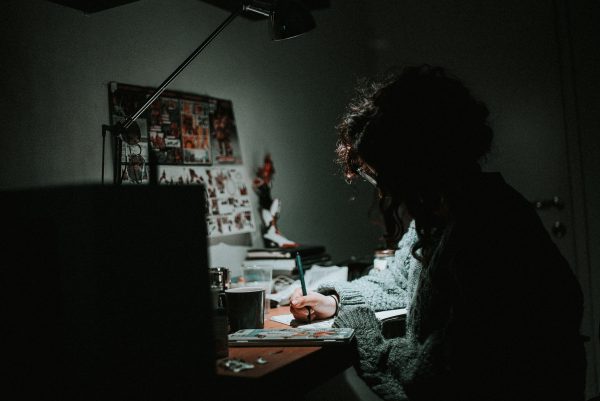
I experience solitude also second-hand, empathising with my mother, who is in her 90s living on her own with dementia. She was content to live alone until told that she could not go out and people could not visit. Now she is desperate for structure and company. So she has lost the experience of solitude for one of loneliness and being unmoored.
I’m a woman in my early fifties.
4.
Before COVID-19, working as a teacher in a busy school and spending the majority of my free time with my husband, travelling across the country to spend time with family and friends, I don’t feel I experienced solitude a great deal. Spending so much time with other adults and children and keeping to a busy schedule meant I longed for solitude. I looked forward to my lonely runs and nights when my husband stayed away due to work commitments.
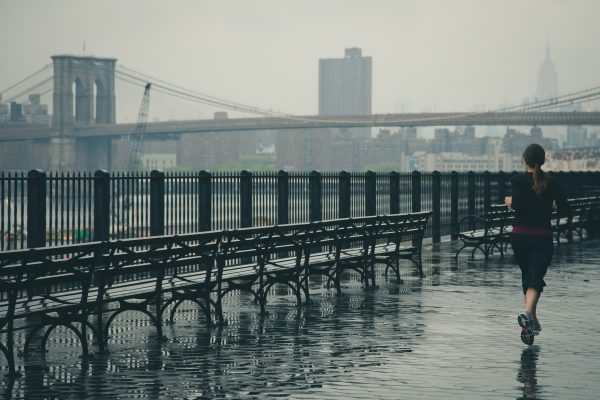
I initially struggle with change, so I was anxious about lockdown, but I found a new fitness routine, was given new ways to work and tried to make time at home fun. Staying at home with just my husband was a relief. Not being allowed to travel or attend events, gave us time back to slow down and removed social pressures, allowing us to spend quality time together.
I now worry about life going back to some form of normality and having to share my husband and our time again.
It is in my work life where I have experienced the most solitude. I am used to spending my day with 30 children, various members of support staff and in constant contact with outside agencies and parents/careers. My school decided we would not conduct online/video lessons but set work, which would be available each day on our school website.
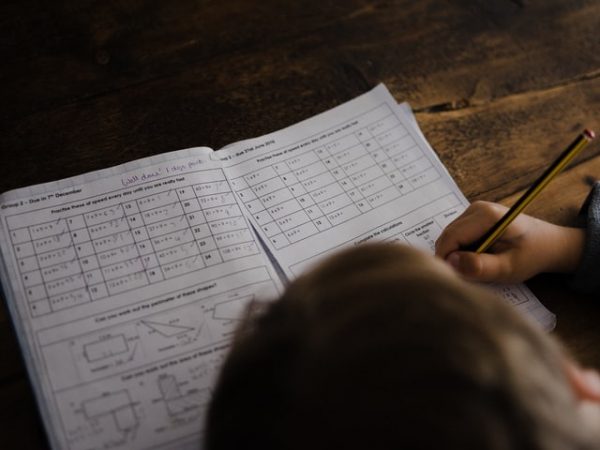
Asking questions and setting work to no response has been tough, as I am used to adapting second by second to what the children do and say. I have felt lonely, sat at home on my computer waiting and hoping to receive emails from my children with pictures of their work. Sadly, only a small percentage of my class have been able to be in regular contact, which also means I have worried about their physical and mental health and how they are dealing with their solitude.
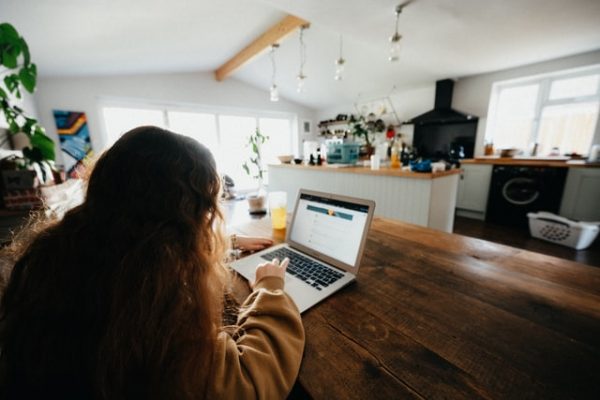
I do miss my own family and friends and spending time with them, but have found I am speaking to some of them more than I ever have done before, so I do not feel as removed from them as I actually am. As restrictions begin to be lifted and friends and family are meeting for socially distanced walks, etc., I can see I am beginning to feel some solitude, as living so far from many of them means I cannot spend time with them physically at all and do not know when I will be able to.
I’m a teacher in my early thirties.
Our project is very grateful to everyone who took the time to tell us about their experiences. We are still collecting solitude testimonies for our project. If you would like to contribute, please click here to be taken to our survey.